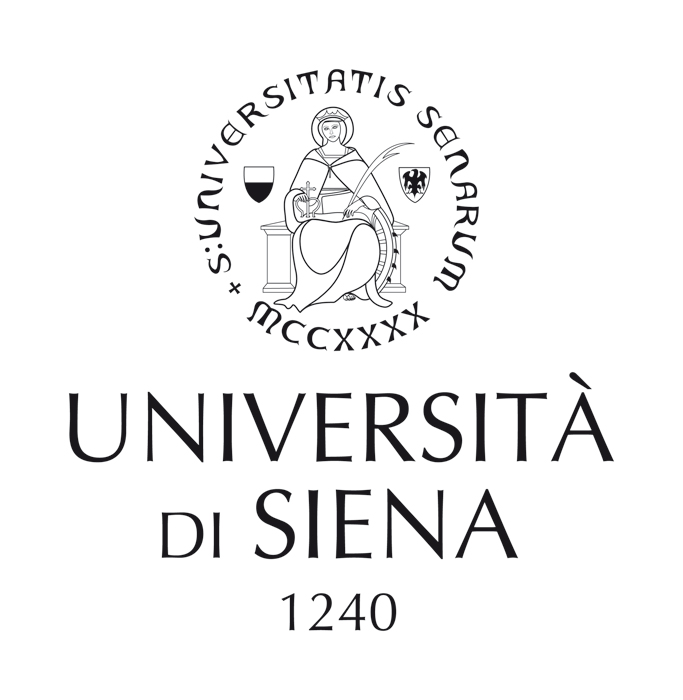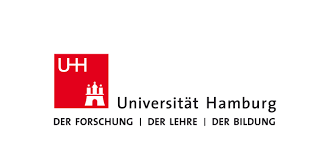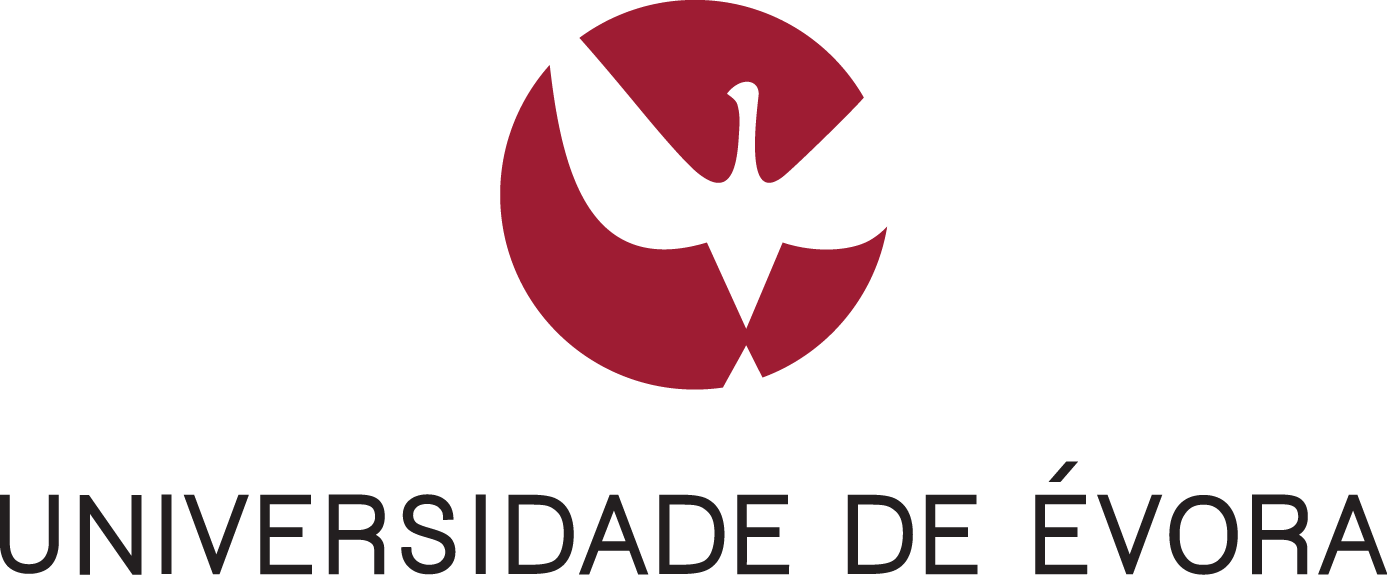Konsortium

Università degli Studi di Siena
The University of Siena, founded in 1240, is one of the oldest and best-established universities in Europe. Being a mid-sized generalist university located in the centre of Tuscany, it boasts an excellent student-teacher ratio, with 12,140 full-time students and 711 full-time staff. The university offers 70 degree programmes (BA and MA) in a wide range of disciplines, 15 PhD programmes and a number of vocational and professional courses. About 20 degree programmes are offered in English. The Department of Philology and Literary Criticism (DFCLAM) offers courses in languages and literatures, from ancient to contemporary. Thanks to the quality of its research output, it has been recognized nationally as a “Department of Excellence 2023-2027”. In the Arezzo Campus, the BA and MA degree programmes in languages provide students with the language and intercultural communication skills needed to facilitate interaction between individuals and groups from different cultural and

Consiglio Nazionale delle Ricerche
The National Research Council (CNR) is a national public research organization with multidisciplinary competences. The “Antonio Zampolli” Institute for Computational Linguistics (CNR-ILC) has long standing expertise in the design, creation and maintenance of infrastructures for language resources, technologies and applications (LRTs). The institute assists language data sharing at a national and international level, and has long standing experience in the sustainable sharing and dissemination of Language Resources and Technologies, repository setting up, management of Language Resources of various types (datasets such as text, speech, audio, video, as well as web services and tools, applications and components), integration of components and services in workflows, processing of datasets with annotation and text mining services, metadata model design and development, promotion of widely acceptable standards for language resource building. Today, CNR-ILC is the national representing entity of the CLARIN ERIC research infrastructure, the European infrastructure for Language Resources, leading the CLARIN-IT node and hosting its main data center, ILC4CLARIN.

Westfälische Wilhelms-Universität Münster
With more than 45,700 students, the University of Münster, founded in 1773, is one of the largest universities in Germany. Thanks to its extensive range of degree programmes, multifaceted research profile, and the atmosphere and quality of life in Münster, the university attracts students and researchers from Germany and around the world. Its historical roots reach back to the 18th century. Since being refounded in 1902 with only three major faculties the University of Münster has expanded its academic disciplines to 15 departments. It is also one of the biggest employer in the region and offers apprenticeship training position in numerous technical, administrative and commercial professions besides the academic training. Departments of the WWU are currently taking part in a variety of national and international high ranking science cooperations and grant projects, associated with the ERC, Erasmus+, the DFG and the Max Planck society.

International Burch University
Founded in 2008, the International BURCH University is a for-profit private higher education institution located in the urban setting of the medium city of Sarajevo, Sarajevo Canton. Officially recognized by the Ministry of Education, Science and Youth of Sarajevo Canton, International BURCH University (IBU) is a small-sized coeducational Bosnian and Herzegovinian higher education institution. International BURCH University (IBU) offers courses and programs leading to officially recognized higher education degrees such as bachelor's degrees, master's degrees and doctorate degrees in several areas of study. This 15-year-old Bosnian and Herzegovinian higher-education institution has a selective admission policy based on entrance examinations and students' past academic records and grades. International students are welcome to apply for enrollment. IBU also provides several academic and non-academic facilities and services to students including a library, housing, sports facilities, financial aids and/or scholarships, study abroad and exchange programs, online courses and distance learning opportunities, as well as administrative services.

Universität Hamburg
Universität Hamburg is northern Germany’s largest and most diverse center of research. The University is known for its outstanding basic research as well as its applied and transfer research projects. 6 core research areas and 5 emerging fields shape research at our University.
Universität Hamburg has a strong track record of acquiring external funding in both individual and collaborative projects. In addition to 4 clusters of excellence, we currently participate in 22 collaborative research centers, 30 German Research Foundation research groups, and 16 German Research Foundation priority programs, two of which are coordinated by the University of Hamburg.
UH doctoral and early career researchers train in 10 DFG research training groups, 19 early career research groups, and within various structured doctoral programs in cooperation with non-university research institutions.
UH currently holds 23 ERC grants as well as numerous further projects in the Horizon 2020 program, such as Marie Skłodowska-Curie Actions.

University of Evora
The University of Évora is one of the universities belonging to the Portuguese public higher education system. As such, its mission involves the production of knowledge through scientific and artistic research, experimentation and technological and humanistic development; the socialization of knowledge, providing the traditional student population, as well as the working population, with academic qualification through undergraduate, master's and doctoral courses, ad hoc training courses and informal training throughout life; and the transmission of knowledge to the community, fostering innovation and business competitiveness, the modernization of public services, as well as the social and cultural development of the broader community. The vision of the University of Évora favors the region’s background, choosing it as the preferred target of its effort to socialize knowledge; shares identical human, cultural and scientific values with the European Community; prioritizes strategic alliances with the neighboring regions; seeks to expand its mission into the Portuguese-speaking countries, not forgetting, at the same time, the current challenges related to a global “world” for which the students must be well-prepared.
